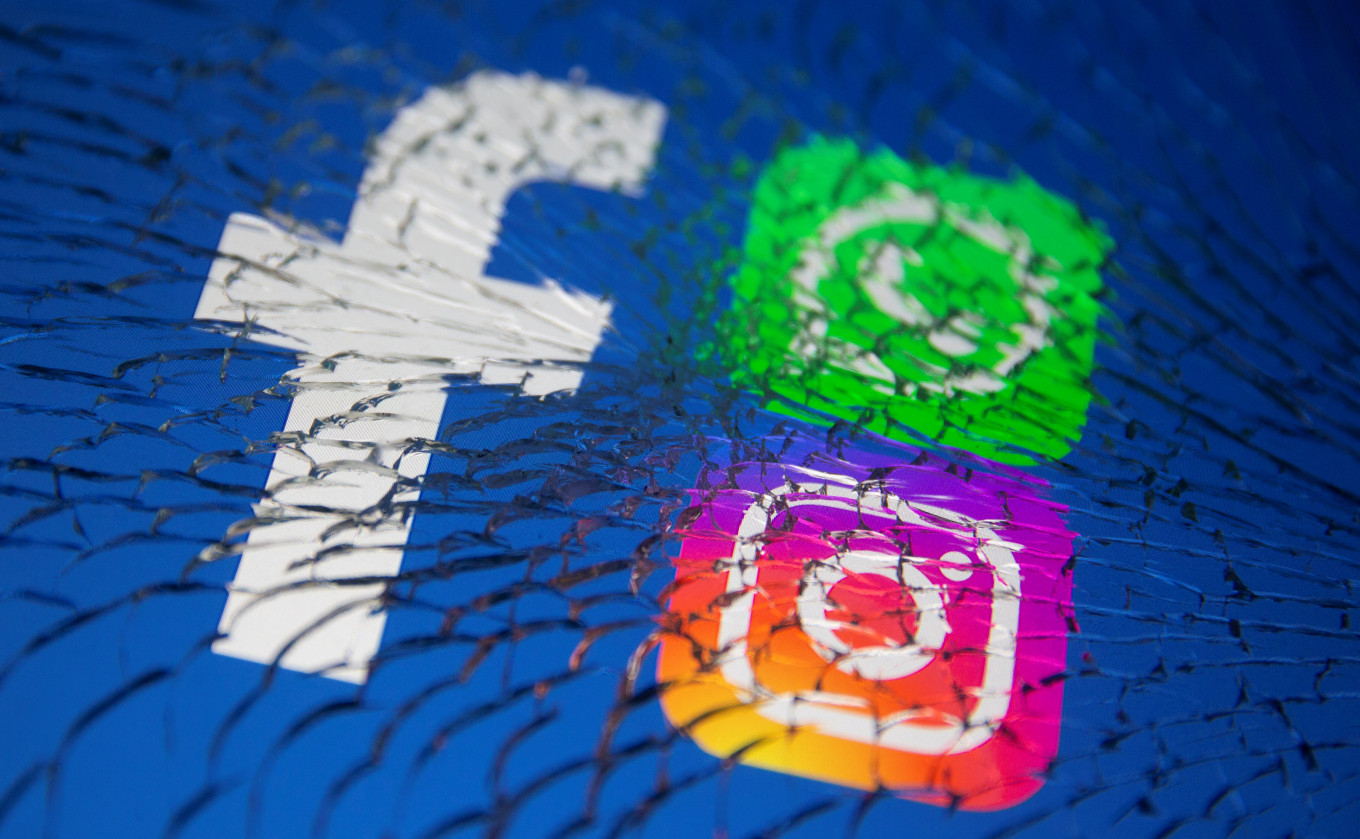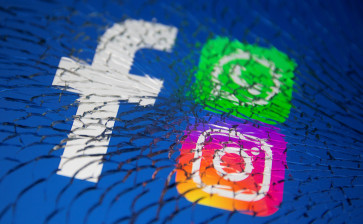Popular Reads
Top Results
Can't find what you're looking for?
View all search resultsPopular Reads
Top Results
Can't find what you're looking for?
View all search resultsSocial media can be good or bad, but we cannot live without it
When algorithms provide the information or content that a user wants to believe, the result is an echo chamber that can lead to a polarized society.
Change text size
Gift Premium Articles
to Anyone
S
ocial media is an inseparable part of our life, especially for millennials and Gen Z, who have lived and grown up with these platforms. To some extent, social media makes a positive impact, such as helping society voice their aspirations and solve problems, but on the flipside, being active on social media can steal our attention.
Gen X, millennials and Gen Z consume information and content mostly from social media. According to Statista.com in 2021, Facebook, Instagram, TikTok and Twitter were the most popular platforms at worldwide level. Usually, young people tend to choose new platforms to keep them updated among their peers and they consider that previous platforms are out of date.
According to the Center for Humane Technology, the longer people are exposed to social media, the more likely the social media content affects their thoughts, feelings and motivations. The impacts on body and mind are driven and shaped by algorithms that keep the users engaged. The algorithm can learn quickly about the users’ favorite music, humor, even their sexual orientation.
The center found the impact of social media on our life is profound. Whenever we receive bombarding notifications, we push ourselves to check all the messages. When opening endless social media feeds and seeing the content, our fingers keep clicking and scrolling to seek satisfaction and mindlessly consuming content with minimal cognitive control.
Of course, this habit drains our energy. Furthermore, when engaging in someone’s profile, it drives ourselves to social comparison that may lead to envy, shame, anxiety and conceit. Ultimately, when algorithms provide the information or content that a user wants to believe, the result is an echo chamber that can lead to a polarized society.
In 2019 and 2020, Facebook conducted a study called “Teen mental health deep dive” that included focus groups, online surveys and diary studies. The study also included large-scale surveys on tens of thousands of people in 2021 and paired the users’ responses with Facebook’s data.
The study concluded that social comparison was worse on Instagram as it had features that focused on the body and lifestyle. On the other hand, researchers inside Instagram were studying experiences that had become a broader phenomenon. They found that teenagers experienced an eating disorder and they felt bad about their bodies. The researchers said Instagram brought the worst feeling for them.



















